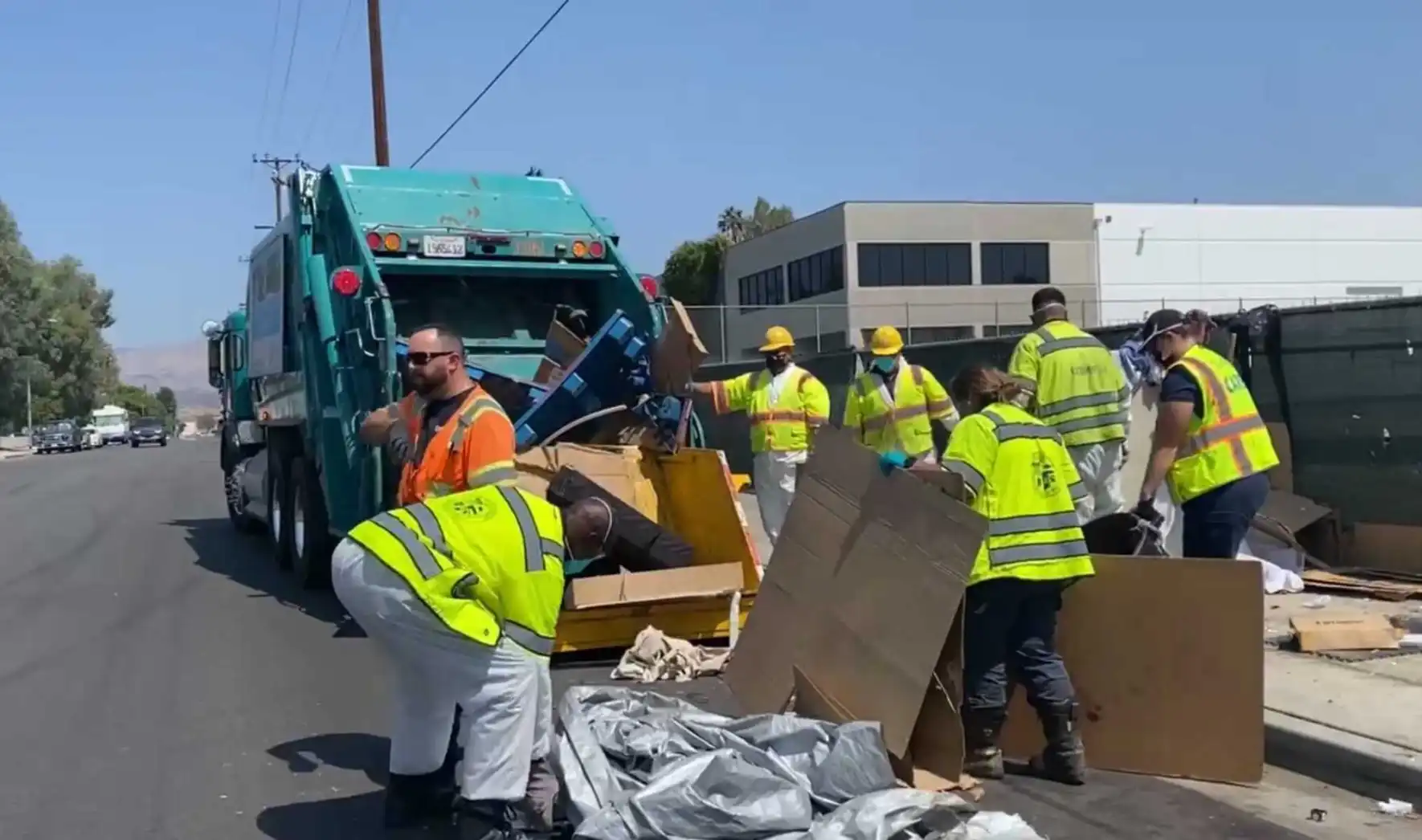In a sharply worded federal court ruling this week, U.S. District Judge David O. Carter found that the City of Los Angeles has failed to meet its legal obligation to build thousands of new shelter beds for unhoused residents. The June 24 order, issued after a months-long audit and evidentiary hearing, describes a city government more focused on public relations than real solutions, and more invested in enforcement than in protecting lives.
One of the most troubling findings in the ruling is that the City of Los Angeles has been inflating its numbers by counting temporary CARE+ cleanups (like tent removals and sidewalk power washing) as if they were permanent housing placements. This misrepresentation gives the appearance of progress, even though these cleanups often amount to forced displacement with no real pathway to shelter.
The implications are serious. By falsely claiming that temporary sweeps count toward its encampment reduction goals, the city has created a powerful incentive to continue conducting them. In short, the more sweeps the city does, the more it can claim it is meeting its obligations under the court settlement. This means that the very practices advocates and experts condemn as harmful and destabilizing are being used to prop up the city’s legal defense.
Judge Carter had already made it clear in a March 2024 clarification that only permanent removals—meaning actual placements into housing or shelter—could count toward the target of reducing 9,800 encampments by 2026. But the city continued to include CARE+ operations in its reports. According to the order, this failure to correct the data violated the court’s instructions.
The judge’s ruling stems from a 2022 legal agreement between the city and the LA Alliance for Human Rights. Under that agreement, Los Angeles committed to adding nearly 13,000 new shelter beds by June 2027 and reporting quarterly on its progress. But according to the court, the city has not met its targets, failed to submit complete or reliable data, and lacks centralized oversight of its homelessness programs. A forensic audit by the firm Alvarez & Marsal confirmed that critical information about shelter capacity, funding, and program implementation was either missing or unverifiable.
Although Judge Carter did not impose the drastic measure of placing the city’s homelessness response into federal receivership, he ordered significant new oversight. The city must now submit a revised shelter plan by October 3 and participate in quarterly in-person hearings starting November 12. The court’s monitor will be granted full access to the city’s data, and plaintiffs may seek attorneys’ fees to cover the costs of enforcing the settlement. All of this comes amid growing concern about the city’s continued reliance on punitive, street-level enforcement. But Judge Carter’s order sends a clear message: cities cannot enforce their way out of a housing crisis without providing shelter. As the judge wrote, “When the system fails, people die. And the system is failing.”

